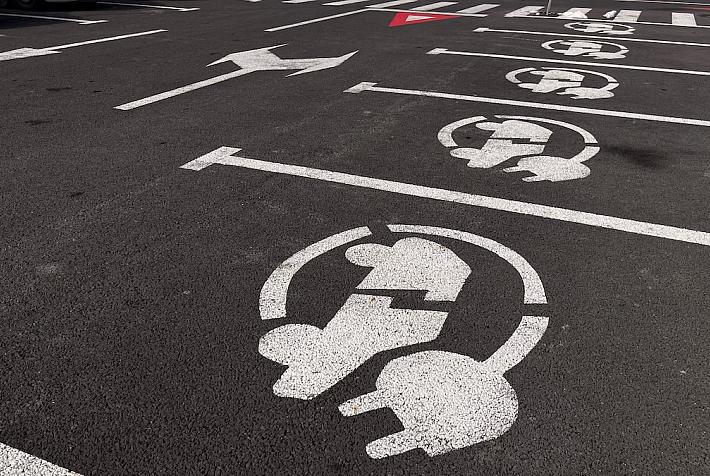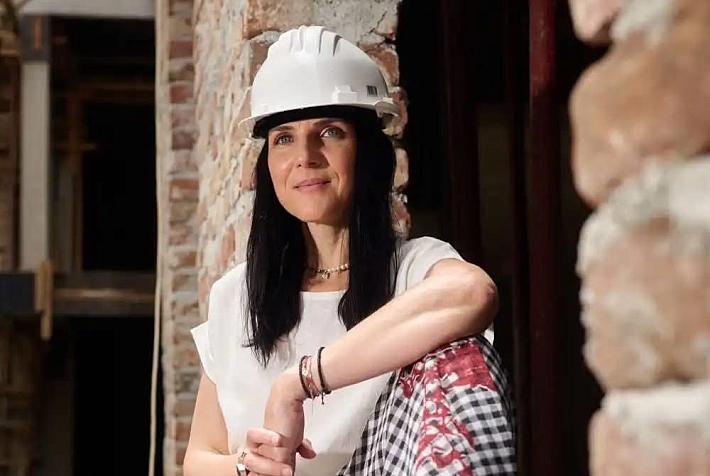UNICEF ranks Romania bottom for child well-being among developed countries, USA also in lowest 4

Romania has come bottom in a UNICEF study of child well-being. However, the study is of 29 of the world's richer countries in Europe and North America. Romania ranks 29 in four of the five areas tested: material well-being, health and safety, education and housing and environment. Only in one category, behaviors and risks, does Romania rank higher – 27.
Although Romania is one of the poorest countries in the ranking, child well-being appears to be only partially related to the relative wealth of the nation. The US, one of the richest countries, ranks in the bottom four, along with Romania, Latvia and Lithuania. The situation seems to be improving in Central and Eastern Europe; the Czech Republic is ranked higher than Austria and Slovenia higher than Canada. Overall, there are signs that the region is beginning to close the gap with the more established industrial economies, according to the UNICEF report.
The best conditions for children were found in the Netherlands, followed by Norway, Iceland, Finland and Sweden. Denmark did not come out as well as its Nordic neighbors, ranking at number 11. The study highlights the impact of the economic crisis and austerity measures on the well-being and quality of life in the rich, industrialized nations. But the story is not that simple, policies pursued in different countries appear to have much more of an impact on the lives of children than GDP.
Overall in the last 10 years there has been widespread improvement in most, but not all, indicators of children’s well-being, according to UNICEF. There are also stark warnings for governments making cuts to reduce debts. Chris de Neuburg who heads UNICEF's Centre for Social Policy Research said that although governments often say they was want to reduce debt now so as not to burden future generations, cuts in education and child welfare spending are already having a real impact on the children of today.
The author of the report Peter Adamson said the study provides the most comprehensive statistical snapshot of the lives of children today, as it measures diverse factors, beyond the simple material situation. He hopes the report will encourage debates in countries over why they are not performing as well as the best.
The evidence clearly shows that child well-being is policy susceptible and that although governments may face more pressing economic challenges, there is nothing more important than looking after the future generations, said the author of the report. Adamson points to wide-range of problems resulting from child poverty, such as criminality, addiction, low employment and low earnings, increased dependency on welfare. These problems affect both the children themselves in adult life and societies at large.
According to UNICEF, “it is hard to say how deep and sustained the current financial crisis might be. What is clear, however, is that its results will be seen in the coming years, based as much on policies taken to safeguard the rights of children and youth during this crisis as on the crisis, itself.”
See UNICEF's full report, plus interviews and interactive maps.
Liam Lever, liam@romania-insider.com
photo source: sxc.hu












